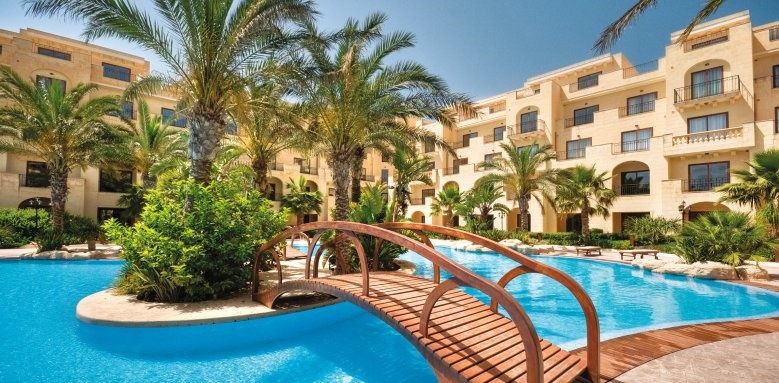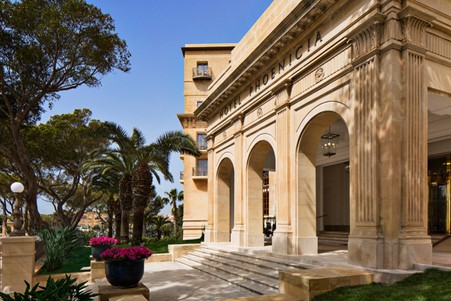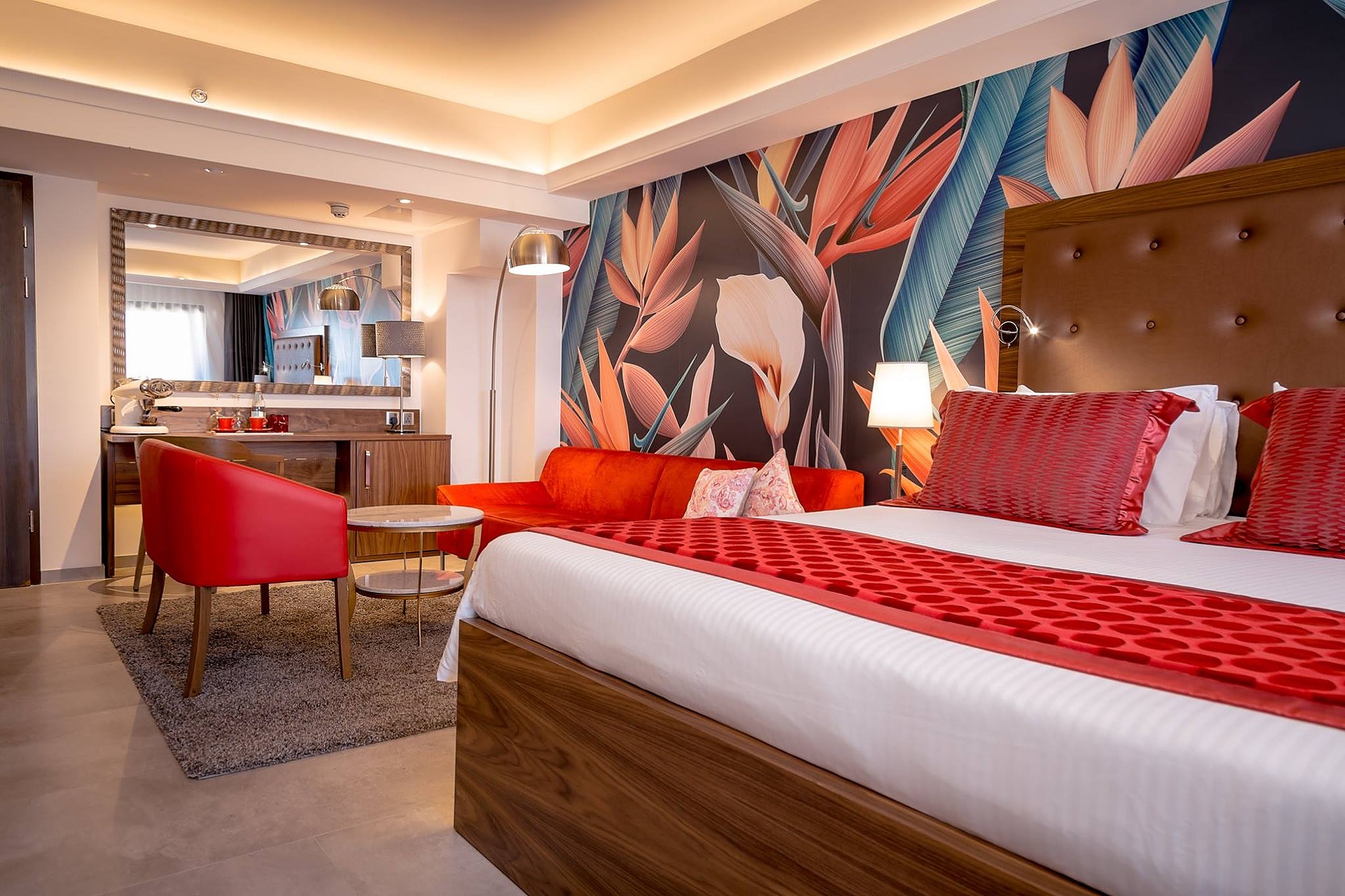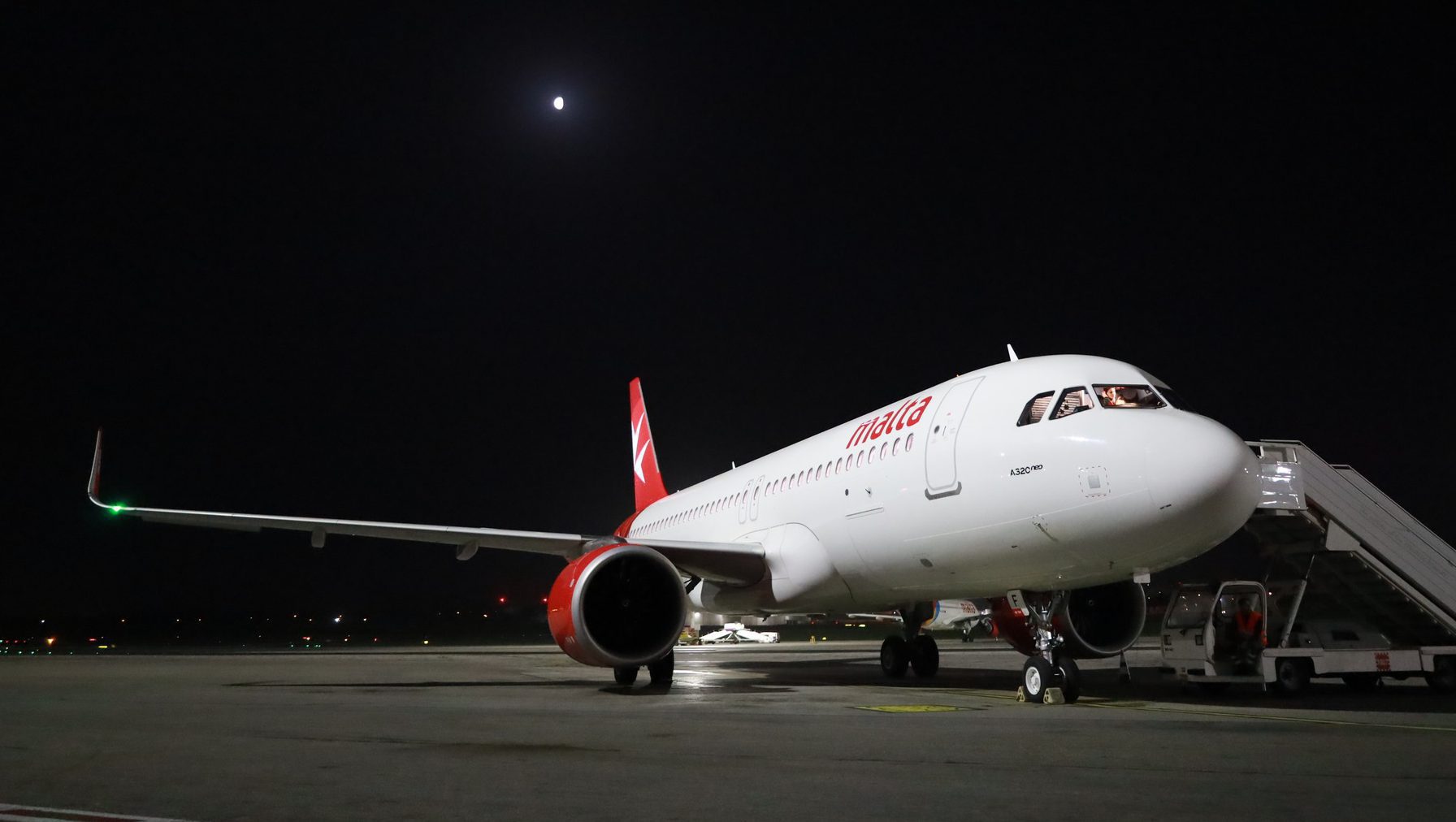The summer season has served as a welcome reprieve to hospitality operators after two years of pandemic disruption, but the industry is not out of the woods yet, with a mix of conditions clouding forecasts.
Just last month, Malta International Airport’s CEO confirmed that Malta has the lowest connectivity in the Mediterranean, down by around a third from pre-COVID times, while passengers numbers are somewhere close to 2016 or 2017’s levels – a considerable drop from the record year registered in 2019.
BusinessNow.mt reached out to some of Malta’s leading hoteliers to ask how the great re-opening of 2022 is going, and how they see the rest of the year playing out.
Janice Baldacchino, director of Baldacchino Group, which owns the Kempinsky San Lawrenz in Gozo, says the initial optimism arising from a rush of bookings in the early months was not matched by the rest of the summer’s reality.
“We started the season very well,” she says. “June was excellent. Things calmed down then from July onwards – we expected better.”
She attributes the results to the highly publicised issues facing airlines and airports, which have seen hundreds of flight cancellations and mountains of misplaced luggage.

“Combine that with Malta’s decreased connectivity and capacity, sluggish economic growth, war and inflation, and it all makes for a post-COVID summer that isn’t bad – but certainly not as good as we expected.”
The same factors will continue to play a role in people’s decisions to travel and choose Malta as a destination in the coming months, so the outlook, she says, remains modest.
On the other hand, Andy Tanti, director of sales at AX Hotels, which operates seven four- and five-star hotels in the country’s prime tourism locations of Valletta, Sliema and Qawra, says that the summer bookings received in June, July and August have indeed met the company’s expectations.
“Our forecasts, in terms of budget and occupancy, have been achieved thus far. Now, looking towards September, we are confident this positive trajectory will continue.”
Holidaymakers’ have so far retained their tendency to book flights and accommodation at relatively short notice, a habit which first emerged as a response to the chaotic travel situation during the COVID-19 pandemic.
“Business is still very last minute,” he says. “Forecasting October and beyond gets very difficult.”
The biggest concern for the company and the industry as a whole, Mr Tanti continues, is the more limited flight capacity when compared to its pre-pandemic height, especially in the shoulder months.
“We are paying close attention to the publication of airlines’ winter schedules. Our targets for November onwards will need to be adjusted according to the overall seating capacity available. A weak situation with fewer seats coming into the destination will inevitably have an effect.”
Or, in other words: “No flights, no tourists.”
In fact, normally, by this time at the end of August, Mr Tanti says that the company would already have a good idea of how a winter shaping up. Although the virus is certainly having less of an impact now, 2022 remains no normal year, with the pandemic hangover, rising inflation and the war in Ukraine all having an impact.
“What we are seeing at the moment is that enquiries are coming in at a brisk pace, but confirmations are more sluggish – with many clients pointing to the cost and availability of flights as the main factors preventing them from confirming the booking.
In response to the challenges, AX Hotels, Mr Tanti explains, is adopting a more aggressive approach in its sales campaigns and online promotions, and rather than focusing on one particular market, is tying to open up all opportunities.
Asked whether there has been any noticeable difference in the trends observed in the company’s four-star and five-star holdings, Mr Tanti says it is difficult to identify a particular pattern.
“The positioning of our four-star offerings as a more competitive option has resulted in their registering solid reservations overall. The five-star hotels, meanwhile, achieved a healthy rate with marginal loss on occupancy.”

Meanwhile, Robyn Pratt, general manager of The Phoenicia, the iconic five-star hotel in Floriana, says she is “very happy” with its performance thus far.
“We thought August was going to be a lot quieter than it turned out to be,” she says. “We’ve been incredibly surprised by the amount of short-term pick-up.”
Looking forward, Ms Pratt believes that September and October “will not be any quieter than normal”, although, like everyone in the hospitality industry, the still-weak travel situation weighs heavily on her mind.
“Of course we’re worried about airliner capacity coming into Malta, and about the rising cost of flights,” she says, pointing also to the high inflation being experienced in the UK in particular, which has traditionally always been a key market for Malta.
As the British market has slowed down, however, more French and Americans are stepping into the breach, with the latter in particular making a welcome return, with relatively few opting to travel between continents during the pandemic.
“Trends have changed,” she continues. “All we can do is to focus on delivering the best possible experience to our guests. We always keep in mind that everyone walking through our doors can be someone who recommends our hotel to others.”
Featured Image:
Annual STI testing for non-EU massage therapists amounted to ‘slander,’ admit health authorities
Health authorities kept quiet about changes to the legal provisions
KM Malta Airlines announces extra flights and special fares for MEP and local council elections
To qualify for special fares, all travel needs to take place into and out of the same city
European Parliament adopts regulation making it easier for companies to be paid on time
The maximum credit term under the new Late Payment Regulation is to up to 120 days, for some sectors






